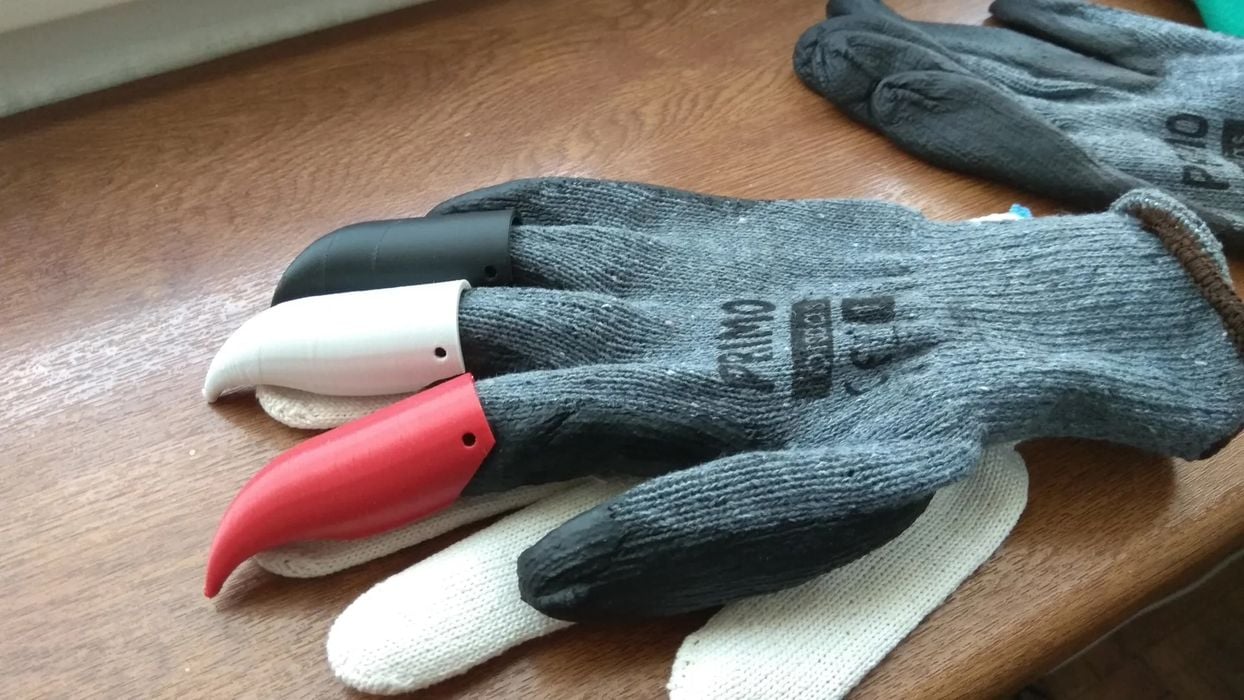
There are some hobbies that are particularly well served by desktop 3D printing. Here are six of them.
Everyone has hobbies, and some just seem to require a lot of parts. It turns out that some participants in these hobbies realized that they could make their own parts using 3D printing and extend their capabilities in the hobby.
These 3D models are found online in the usual 3D model repositories, but it’s also possible to make custom designed parts. If you know how to use a CAD tool, it’s easily possible to quickly design and produce parts to help with a hobby. I do this all the time.
Here are six hobbies that specifically benefit from having a 3D printer handy.
Gardening
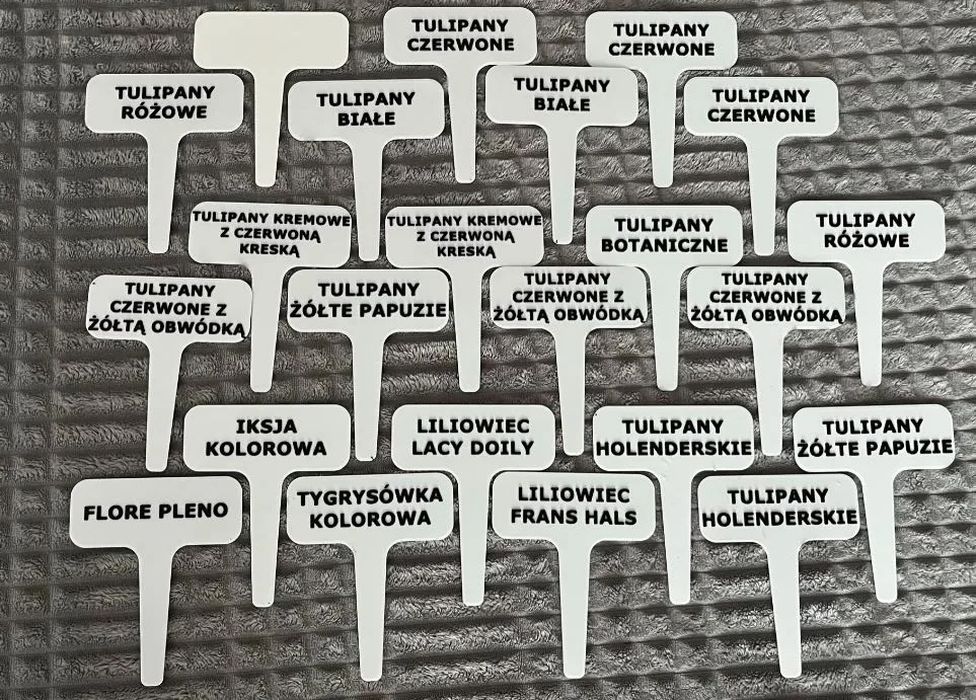
While most of the action takes place in the ground with plants growing, the gardener also has plenty to do.
There are multiple 3D models that can be very useful, including:
- A wide range of plant pots and holders
- Markers for gardens to indicate which crop is being grown
- Clips to hold vines and fast growing plants
- Measurement tools to gauge readiness for harvest
- Specialized tools for digging, extracting or weeding
Astronomy
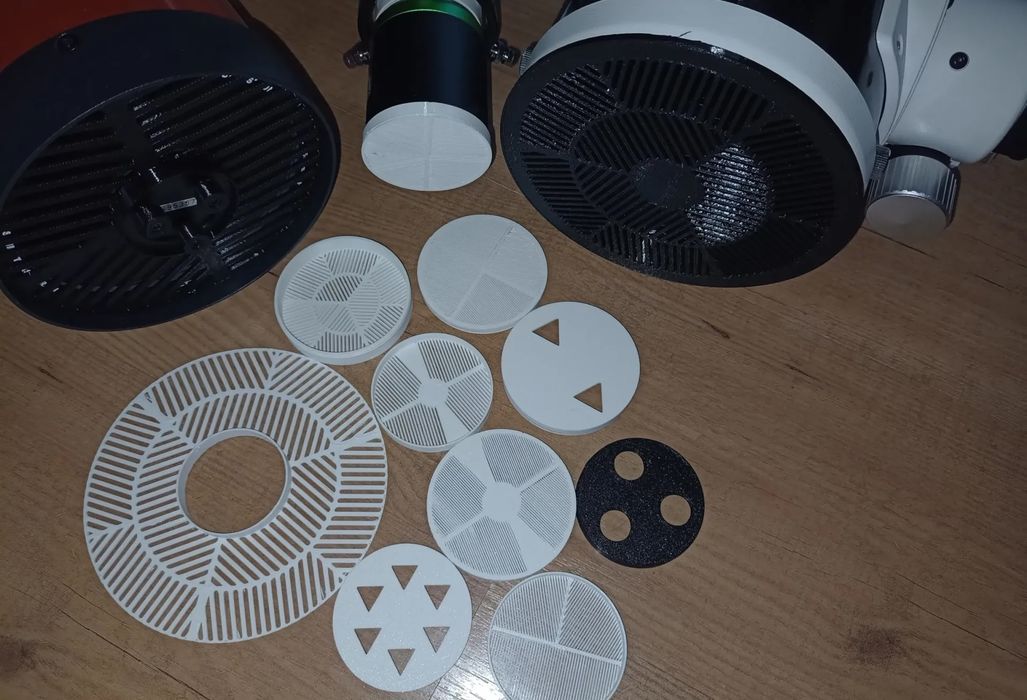
Astronomy is one of those “money pit” hobbies, where there is always something more required to make the telescope(s) perform better. Backyard astronomers are always buying better lenses, software and other tools.
However, much of the equipment requires adapters. While there are standard sizes for many items, a specific scope might not be compatible with that fancy new lens or filter. For these, expensive adapters are usually required.
On the other hand, it’s quite straightforward to print them yourself.
In addition to adapters, there are many other usable 3D models, including:
- Holder cases for miscellaneous lenses and filters
- Caps and plugs to protect lenses
- Enclosures for homebuilt processing units
- Focusing masks
- Mounting brackets of all kinds
- Replacement parts
Swimming Pools
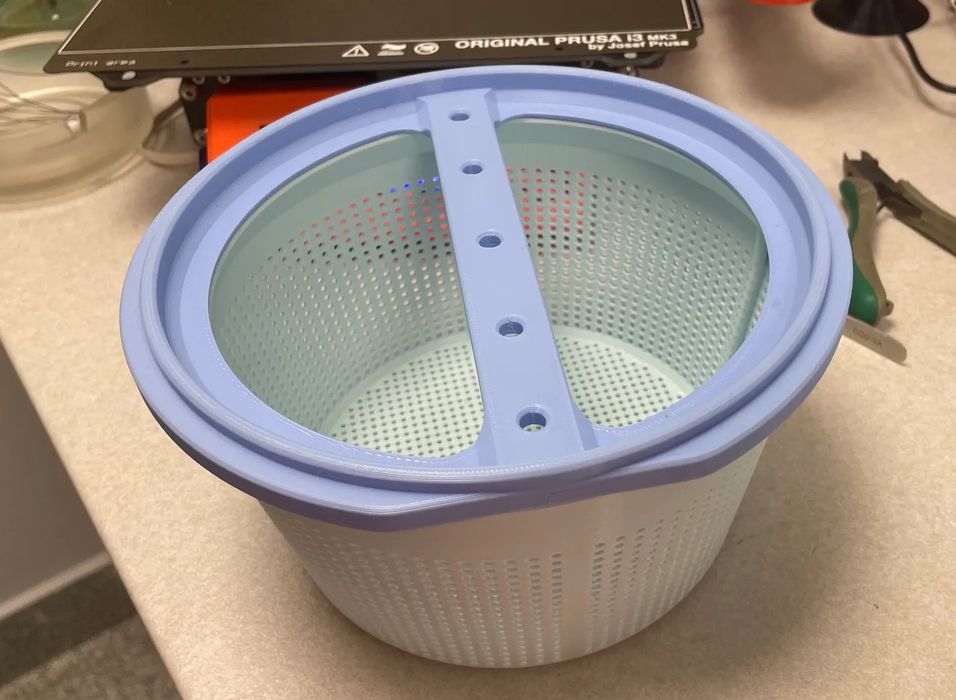
You might not think of a swimming pool as a hotbed of 3D printing, but it is quite surprising what can be made for pool use.
Pools always include a fair amount of plumbing, and these systems almost always require adapters of some kind. Unfortunately the pool suppliers tend to charge totally outrageous prices for even the simplest plastic parts. There’s a huge incentive for pool owners to print heat own parts.
Other useful pool 3D models include:
- Scoops for distributing chemicals
- Hose extender adapters
- A variety of tool holders
- Floating toys
- Hole covers
- Skimmer baskets
- Nose clips
Model Railway
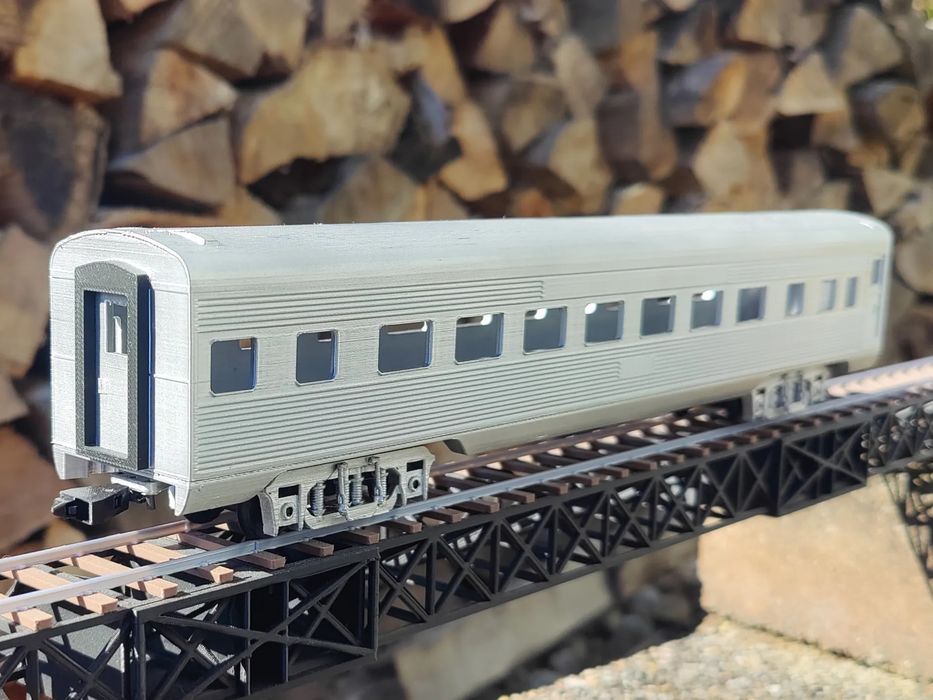
Model railway operators have been revolutionized by the introduction of accessible 3D printing. Prior to that, operators would purchase pre-made landscape and building parts for their setups. Now it’s possible to buy a wide range of 3D models for model railways, which then can be printed and painted. Several sites now specialize in this type of 3D model.
3D models include:
- Miniature landscape components
- Miniature building components
- Rail bridges
- Rail car spare parts
- Entire rail cars of all types
Automobile Customization
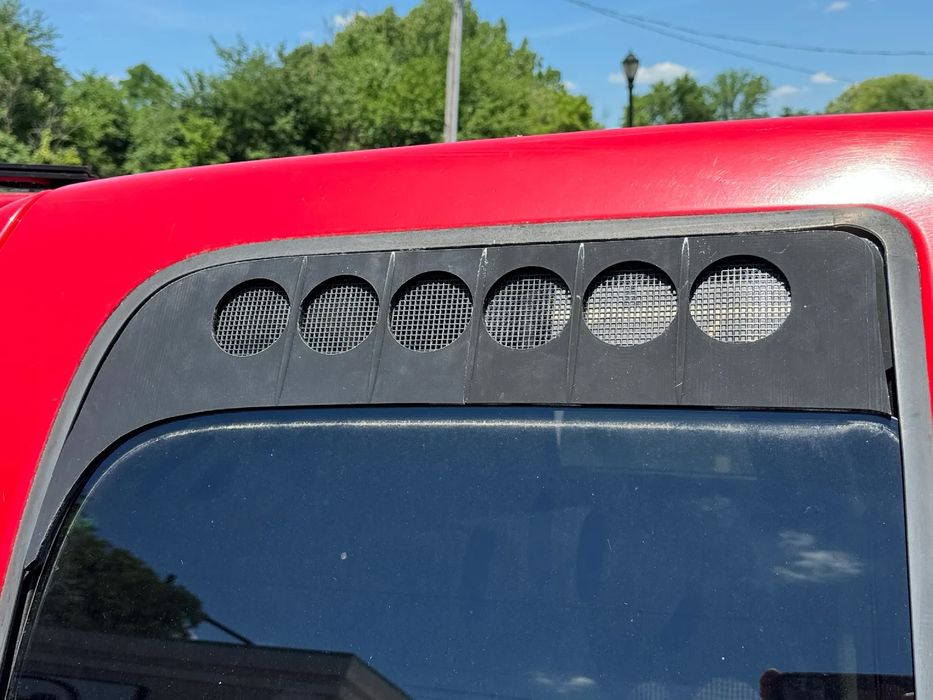
Some folks like to tinker with automobiles as a hobby, customizing them for a variety of reasons. Sometimes specific “looks” require specialized parts that are not the kind you can find at the local auto parts shop. These can be sometimes downloaded for printing, or even custom designed.
Typical customized automobile parts include:
- Vent designs
- Cupholders
- Stick shift knobs
- Phone mounts
- Dashboard adornments
- Jigs and fixtures for assembling other parts
- Mountable logos
- Custom switches and switch plates
Robotics
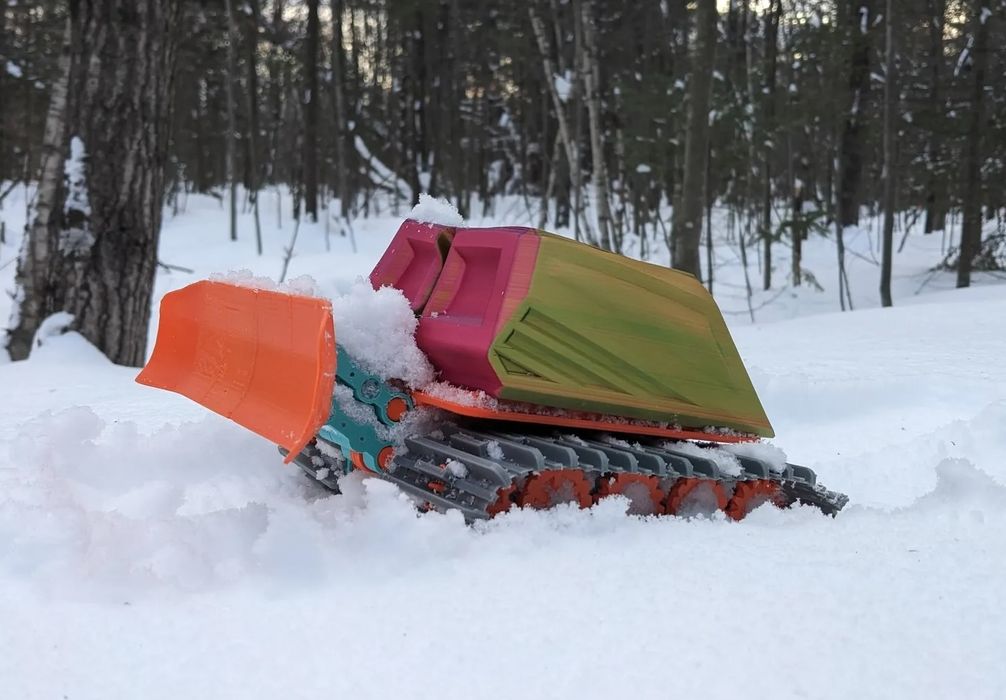
Robotics is an increasingly accessible field, and that’s partly due to 3D printing. It’s now possible to design robots using CAD tools and print all but the electronics and metal parts.
Here the range of possible parts is unlimited, as the designs of robots could vary considerably.
Hobby 3D Printing
As you can see there are countless opportunities for 3D printing with certain hobbies. These make the hobby a lot more fun, and can in most cases save a lot of cash by printing instead of buying.
What other hobbies might be prime targets for 3D printing applications?
